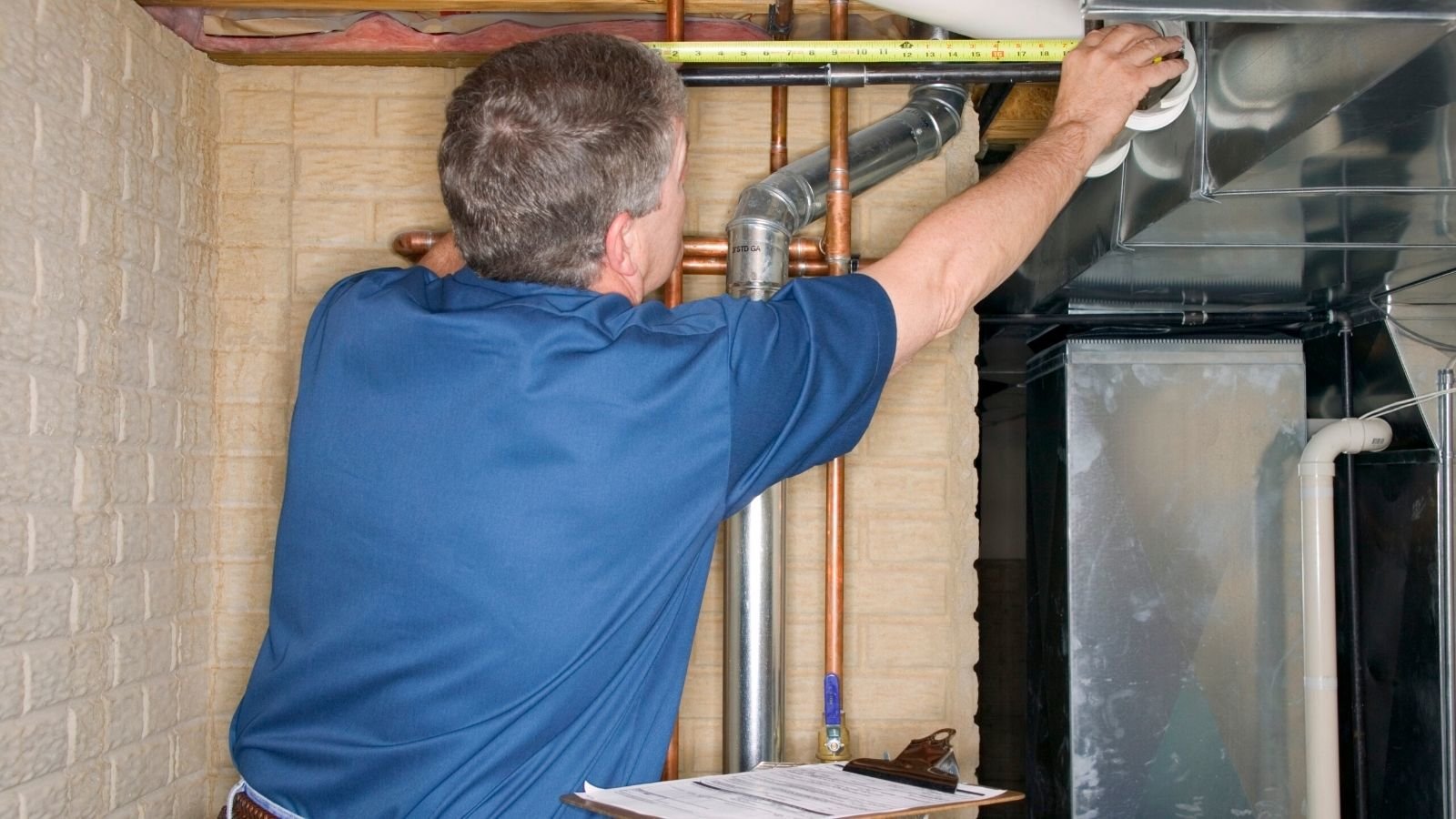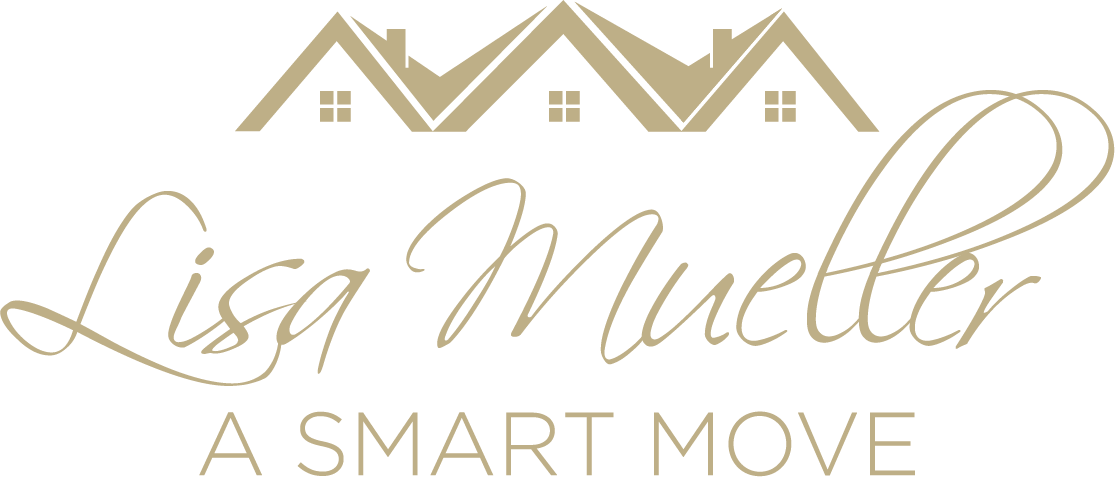Too often, people rush into buying a house when they’re not ready. Just because you’re sick of renting does not mean you should automatically buy a home thinking it’s the only alternative. Being sick of renting is most definitely a better alternative to buying and ending up with your finances in a mess or with a home that doesn’t fit your needs.
Owning a home is a big commitment, it’s not a guaranteed investment, and it’s a truckload of work. It can be a smart long-term move, but you want to know what you’re getting into. The following tips for buying a home are here to help you get started:
1) Know Your Credit Score
Your credit score is one of the biggest factors in what your loan terms will be. Know your score before you ever try to get a loan, and take the time to repair it if it's too low.
2) Get Pre-Approved for a Mortgage
A mortgage pre-approval means you should be able to get the loan, so long as nothing changes about your financial situation or your credit score. A pre-approval letter also helps when you want to compete with another buyer for a home you love. One of the first things most sellers will ask their agent when receiving offers is how qualified the home buyers are to purchase.
3) Research the Costs of Buying a House
There are a lot of fees that come with a home purchase, above and beyond the mortgage. Insurance, repairs, association fees, property taxes—you should have the income and the budget to handle all of these things if they are relevant to your purchase.
4) Work With an Experienced REALTOR®
Real estate agents are licensed professionals who work on your behalf and advocate for your interests. In most cases, sellers have a real estate agent working for them, so you’ll want someone on your side—a buyer’s agent—who also has your back in negotiations and can help you understand how to make an offer on a home. But that’s not all! Your agent will also help you find homes that match your budget and needs, provide facts on a neighborhood, negotiate an offer, navigate the home inspection, decipher paperwork, and request and review seller disclosures.

5) Understand the Value of the Property You are Offering On
Working with a real estate agent that understands market values in your local area is critical if you want to avoid overpaying for your house.
6) Verify All Information on the Listing
Another crucial thing to do before buying a house is to make sure the house listing is accurate. It would be best if you verified that all the information given about the home is right. Sometimes real estate agents put things in the listing that they may not have verified or may just not be aware of the facts.

7) Use an Experienced Home Inspector
The home inspection is one of the most vital aspects of buying a home. You will want to have someone performing it who is thorough and complete.
8) Check Previous Permits
If a renovation was done without a permit, it might not have been done right. No permit means that the work was not reviewed by an inspector, something you do not want in your new home.
9) Don’t Sacrifice on Location
Remember: you can change the flooring and even the layout of a home, but you can never change its location.
10) Don’t Do Anything to Affect Your Financial Situation
Your mortgage pre-approval is based on the information given at the time of your application. Any changes, like getting a different job or taking out a car loan, can result in denial of the loan request when purchasing a house.
Then the last piece is making sure that the house is in great shape when it gets on the market. I have all sorts of connections for that—painters and stagers and people that can help with decluttering or anything that needs to be done. And I can give my piece of advice, too, as we walk through the home and help that seller decide what needs to be done before we get that on the market.
These tips should help put you on the path to filling in your home-buying knowledge. Remember: that the more you educate yourself about the process beforehand, the less stressful it will be, and the more likely you will be to get the house you want for a price you can afford. But that doesn’t mean you have to go it alone! With my help and guidance, you can always feel sure that you are informed and guided along the way!


